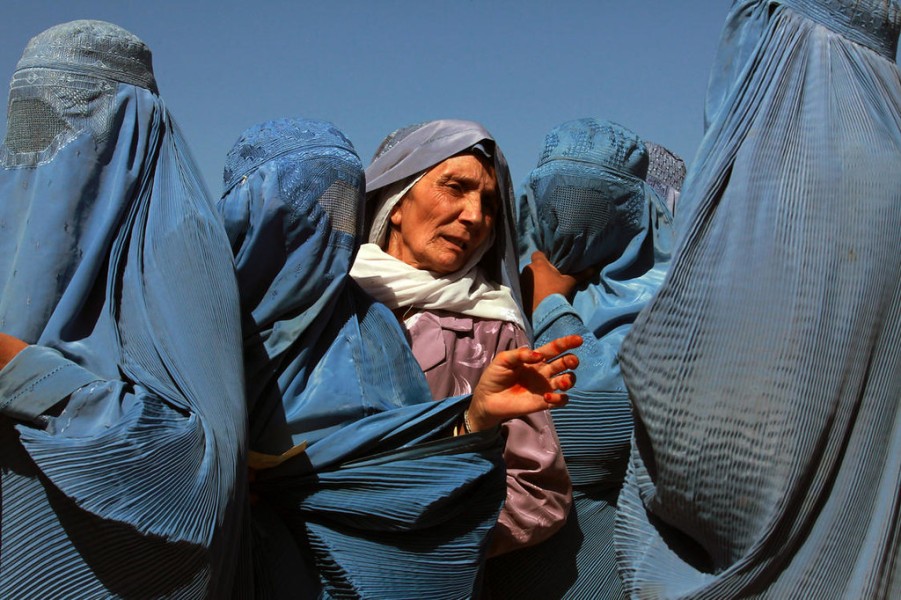It only takes a quick skim of the daily news to see how the world has yet again failed Afghan civilians. Afghanistan has not had many good years in the past four decades of war, but the past 15 months have been decidedly fraught. There was the Trump administration’s rushed and unabashedly politically motivated signing of the Agreement for Bringing Peace to Afghanistan in February 2020. There were the grotesque revelations of human rights abuses committed by the Australian Defence Force, as detailed in the Brereton Report (released in November 2020 thanks to massive pressure from civil society). Then, in April of this year, President Biden decided to withdraw US troops at a breathtaking pace. As a result, the Afghan government, which is not without blame for the current situation, was essentially abandoned in the night while the Taliban takes control of districts across the country with shocking speed and ease. All of this international meddling has happened against a backdrop of rapidly increasing violence by all manner of actors against Afghan civilians—especially women, girls, journalists, and members of the Hazara minority.
The current chaos and spiking violence are proof that, despite what the US government has proclaimed, the “forever war” rages on. Peace and meaningful, victim-centered justice remain elusive. While the perpetrators may have occasionally shifted, Afghan civilians are still the ones who suffer the most. It is not the foreigners who now disingenuously claim some symbolic victory. Nor is it the Taliban fighters who have been handed the upper hand in negotiations on a silver platter by successive US administrations. Meanwhile, UN agencies invite civil society representatives to “high level” meetings to speak and then refuse them the opportunity, as ICTJ knows from anecdotal conversations, and many in the international community are withholding critical support given the volatility of the situation even though civil society organizations need it now more than ever. We are all fiddling, and Afghanistan is burning.
While we should all be ashamed, we cannot give up on peace and the victim-centered forms of justice that victims are owed. Afghans still have hope, and the international community must do all it can to ensure that their hope is not in vain. So many parties are complicit in this failure, but it is perhaps those with the most power who should begin to set the precedent for not only peace, but also acknowledgment of harm, meaningful reparation, truth, and, of course, criminal accountability. The United States gets to boast that it completed its withdrawal early. Let it make up for what those bragging rights have cost Afghan victims by being the first among its peers to fully acknowledge the harms it has been involved in and to offer—and follow through on—a comprehensive reparations package that is based on what victims need. (Ad hoc, piecemeal, or inconsistent condolence payments with no acceptance of responsibility do not constitute a form of reparation.)
The US government should exert all the pressure it can muster in the latest round of peace negotiations in Doha to demand that, among many the priorities, including those eloquently articulated by Chairperson Shaharzad Akbar of the Afghanistan Independent Human Rights Commission, victims be at the center of a negotiated agreement and the upholding and protection of women’s rights be an absolute imperative. It is not only the United States. The Australian government took an important step in opening an inquiry into crimes committed by members of its military. It should now also reveal the full truth of what happened and provide meaningful reparation to victims of these atrocities, as already urged by prominent human rights defenders in Afghanistan. Other Western forces who maintained troops in the country for any period of time should be swiftly following suit. It is essential to implement such reparations programs, even if they must start small.
Most critical of all, Afghan victims and their long-ignored needs and demands must be what informs these and other initiatives. It is the only way that justice can ever be served.
PHOTO:Women in Herat, Afghanistan, line up to collect bags of food and cooking oil distributed by the UN World Food Programme in June, 2012. (WFP)
